As global growth slows, Chinese startups expect strong performance in 2025
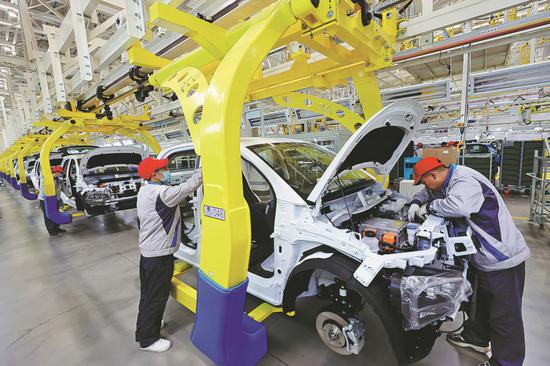
Employees work on an NEV assembly line in Yuncheng, Shanxi province. (Photo by YAN XIN/FOR CHINA DAILY)
Despite the slow growth of electric vehicles globally, Chinese startups have reported notable quarterly results and anticipate higher growth in the future in the world's largest and most competitive market.
According to financial reports released by listed NEV startups, Li Auto reached a revenue of 42.87 billion yuan ($5.91 billion) in the third quarter; the only one that achieved profitability. Nio, Xpeng and Leapmotor reported revenues of 18.67 billion yuan, 10.1 billion yuan, and 9.86 billion yuan, respectively.
In terms of delivery data, Li Auto sold 152,800 vehicles in the third quarter, outperforming the other three companies. Leapmotor, Nio and Xpeng sold 86,200, 61,900 and 46,500 units, respectively.
As for the future, startups are brimming with confidence. Li Auto, which has achieved profitability for eight consecutive quarters, projects vehicle deliveries of 160,000 to 170,000 units in the fourth quarter, a year-over-year increase of 21.4 to 29 percent. Total revenue of 2024 is expected to grow by 3.5 to 10 percent.
Leapmotor expects its monthly sales to reach 40,000 units in 2025, with an annual sales target of 500,000 units.
Thanks to its partnership with Stellantis, its overseas expansion is advancing. By end of October, 339 dealerships with sales and after-sales services were established in Europe. The company plans to expand into the Asia-Pacific, Middle East, Africa and South America, targeting more than 500 outlets by 2025. Localized production in Europe is expected to begin by the end of 2025.
The automaker unveiled the first global model, the B10 SUV, at the Paris auto show in October. Three models under the B-series will be launched in 2025 with the B10 hitting the market in the first quarter, which will help Leapmotor boost sales.
Leapmotor CEO Zhu Jiangming said that the company had expected to achieve profitability in the second half of 2025, but it looks like it will happen sooner.
Nio projects fourth-quarter vehicle deliveries between 72,000 and 75,000 units, a year-over-year increase of about 45 percent. Revenue is expected to be between 19.68 and 20.38 billion yuan, up approximately 17 percent year-over-year, despite a 2.1 percent decline in the third quarter this year.
Following the launch of its subbrand, Onvo, in May, Nio is set to unveil its third brand, Firefly, in December.
The company's CEO William Li said with new products from the Onvo and Firefly brands, Nio aims to double sales growth in 2025 and achieve profitability by 2026.
Thanks to the M03 under its sub-brand Mona and the P7+ sedan, along with overseas sales, Xpeng reported its best quarterly deliveries during July to September. It expects to deliver 87,000 to 91,000 cars in the fourth quarter.
In 2025, Xpeng plans to launch at least four new models, including its first range-extended vehicle. The company is expected to achieve a quarterly breakeven for the first time in March.
According to the financial report, Xpeng's overseas sales in the third quarter increased by 70 percent quarter-on-quarter, accounting for 15 percent of the company's total sales. Its overseas sales network has expanded to more than 30 countries and more than 110 stores.
Together with players such as NEV giant BYD, tech companies Huawei and Xiaomi, and traditional automakers who are accelerating transformation toward electrification, the NEV market is booming and more competitive than any other.
Xpeng CEO He Xiaopeng predicted that from 2025-27, the Chinese auto industry will face a critical knockout phase, when NEVs account for more than 85 percent of the market.
The intense competition among startups has, to some extent, promoted technological advancements and market prosperity, said industry experts.
Cui Dongshu, secretary-general of the China Passenger Car Association, said that innovations in technology, sales and service by startups are promoting the industry.
This competition also drives companies to focus on cost control and efficiency. The companies need to optimize production processes and reduce procurement costs to lower expenses and increase profitability, Cui said.
NEVs accounted for 52.8 percent of China's passenger car retail sales in the third quarter, surpassing gasoline vehicles for the first time in a full quarter.
On Nov 14, the China Association of Automobile Manufacturers announced that the 10-millionth NEV had rolled off the production line. The association predicted that NEV sales in China could reach 11.5 million units this year. The figure was 9.5 million in 2023.








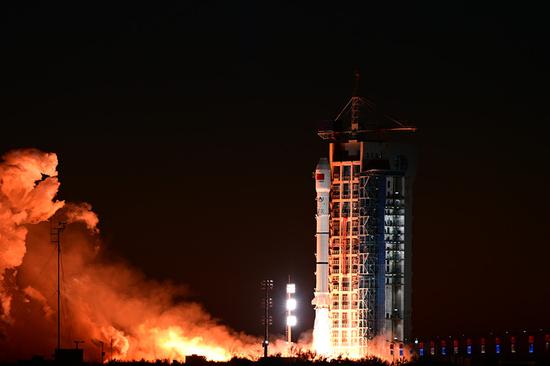


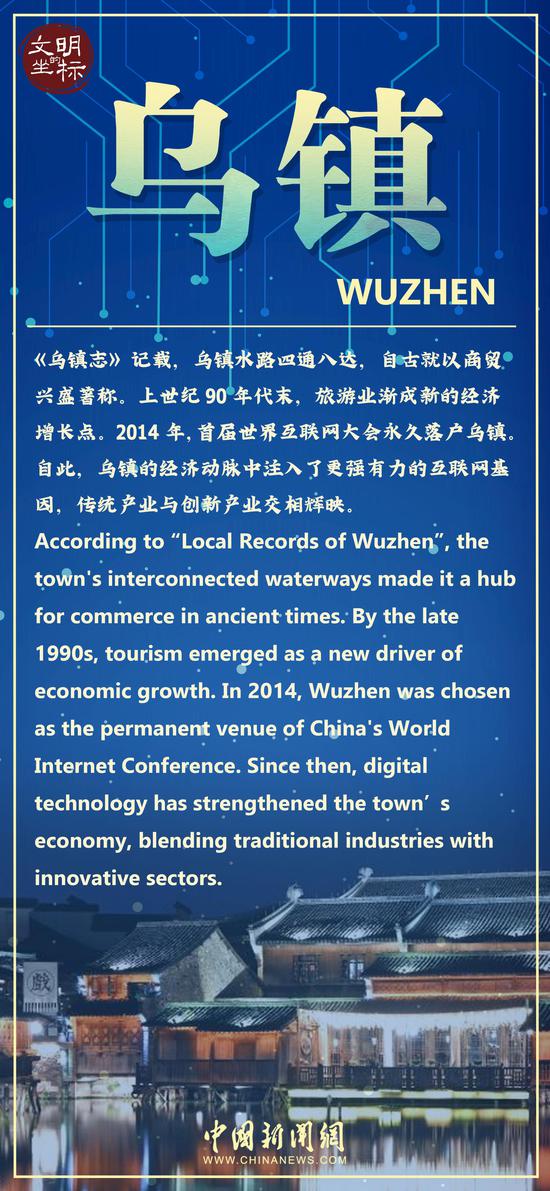

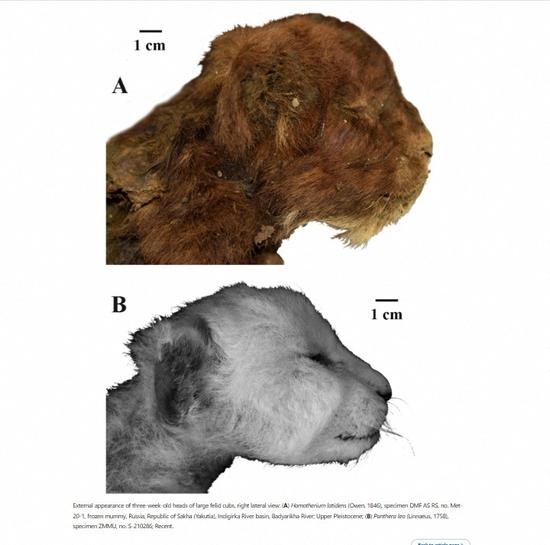





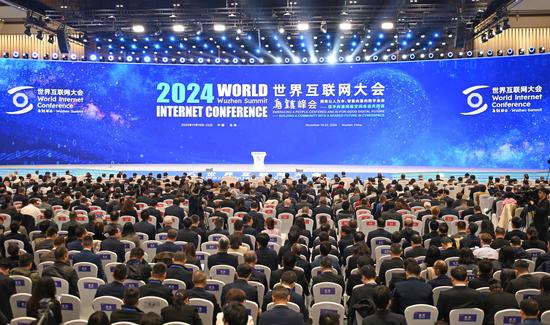



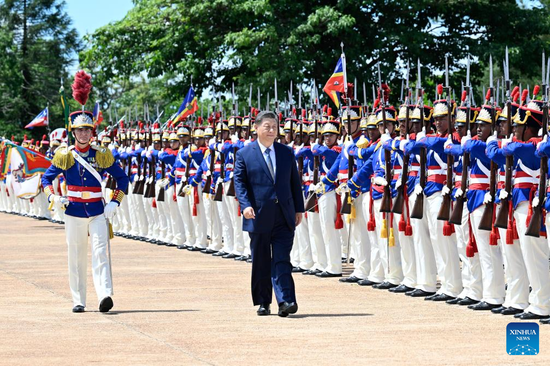




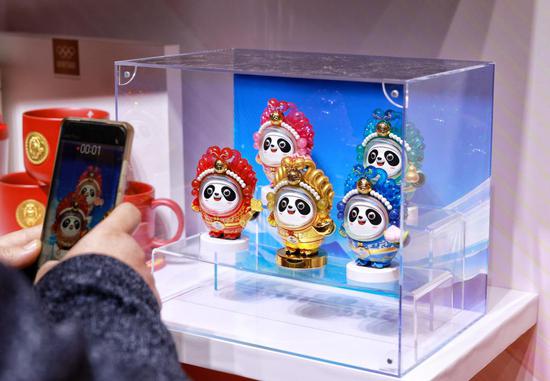
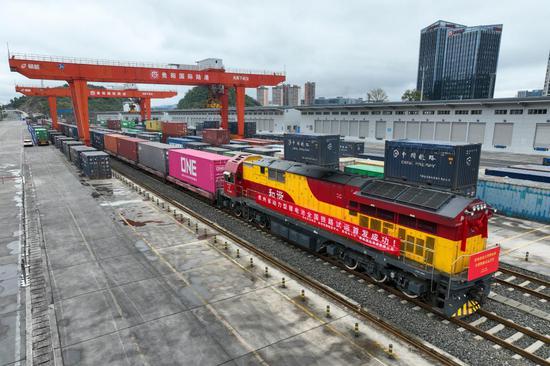
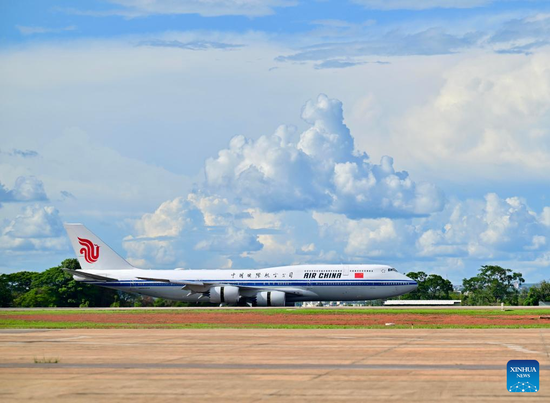

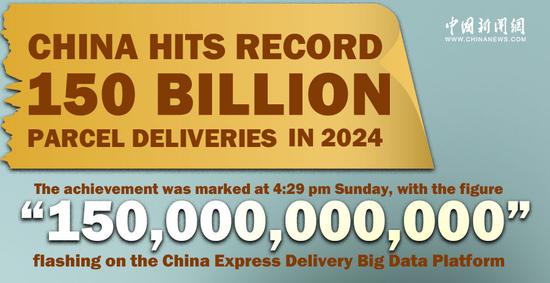

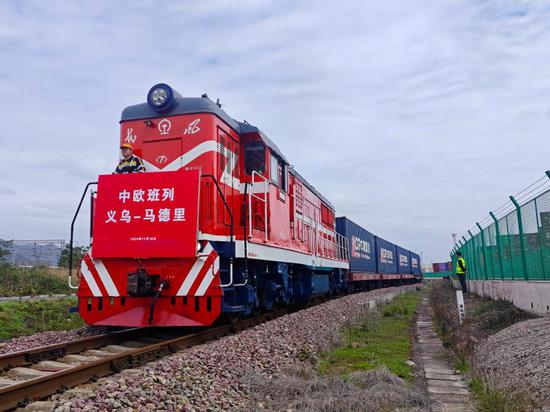

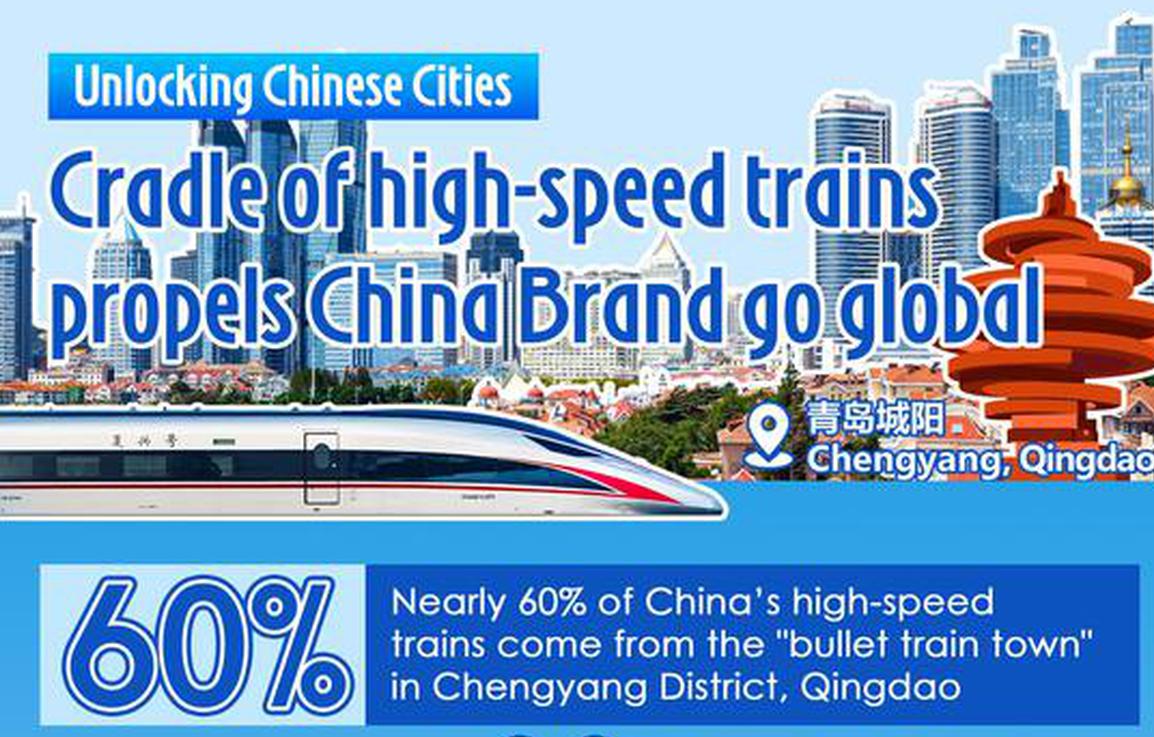
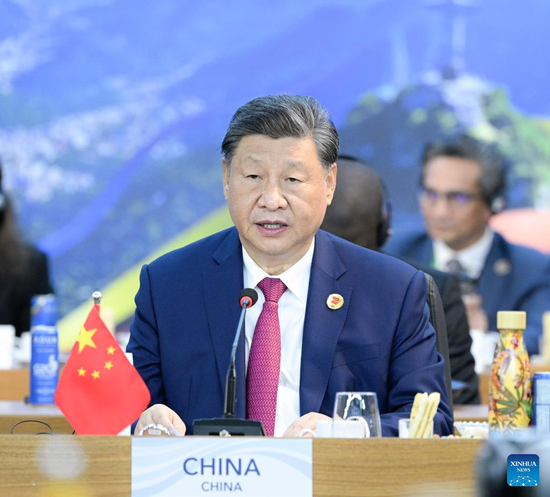
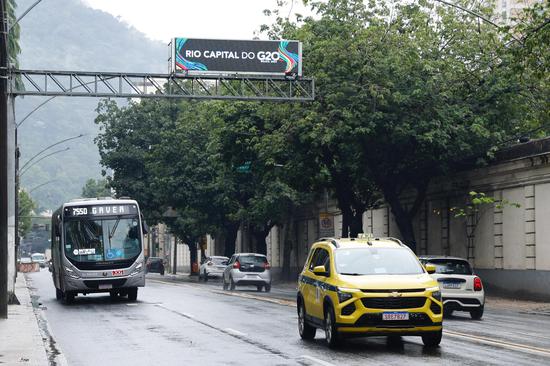
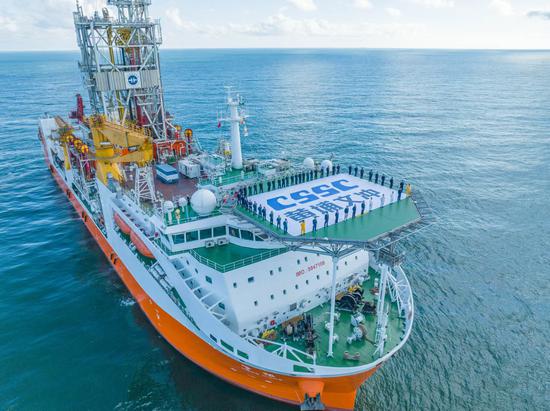

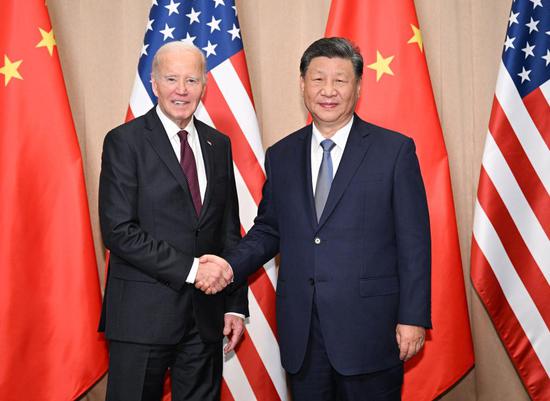

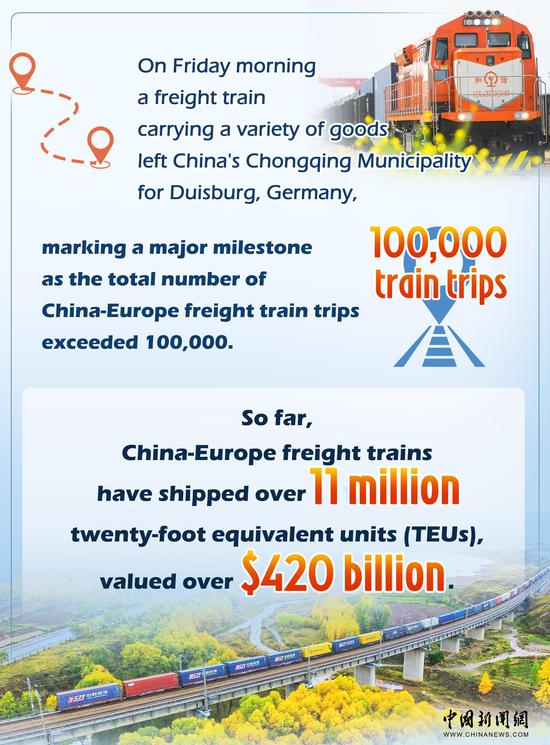
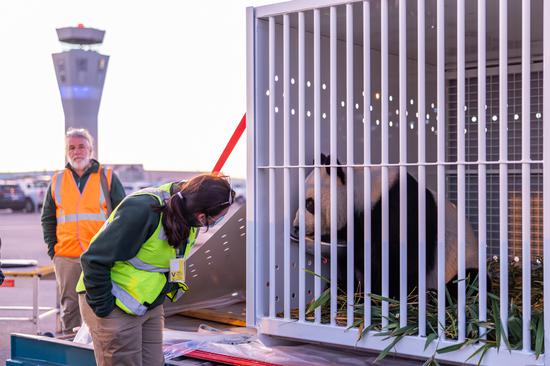



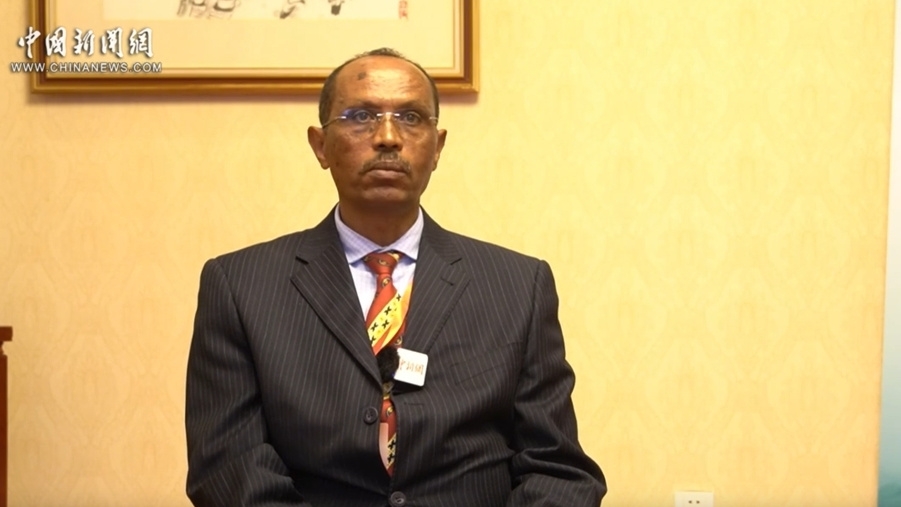

 京公网安备 11010202009201号
京公网安备 11010202009201号